Jakarta, MINA – Chairman of the Indonesian Mosque Council (DMI) H.M Jusuf Kalla or JK, accompanied by the organization’s leadership, kept in touch with a number of ambassadors and representatives of friendly countries, especially OIC and ASEAN member countries in the DMI Central Leadership meeting room in Jakarta on Wednesday (June 22).
In his remarks entitled “Peace Message from the Indonesian Mosques to the World” marking the 50th anniversary of DMI, JK said he wanted to share his experiences on how to lead DMI which is an umbrella organization of more than 800,000 mosques throughout Indonesia. .
DMI has worked to promote the role of mosques in improving the socio-economic community with the vision of “Prospering and Prospering Mosques”.
JK, the 10th and 12th Vice President of the Republic of Indonesia, said King Salman of Saudi Arabia, who visited Indonesia in March 2018, was surprised to hear the news about the number of mosques scattered throughout Indonesia. With a large number, JK appealed to the presence of thousands of mosques to encourage people to be better.
Also Read: Indonesia Denies Being Destination for Forced Relocation of Gaza Residents
Furthermore, JK said that in Indonesia there are five working days from Monday to Friday and two days off, namely Saturday and Sunday.
“As a result, Friday prayers take place on weekdays. Consequently, mosques are everywhere, in offices, at schools, at gas stations. This is different from other Islamic countries where every Friday is a working day off,” he said.
In addition, 90 percent of mosques in Indonesia are owned by the community so they are independent. Only 10 percent belongs to the government. The mosques organize various activities such as training for da’wah interpreters (dai) and their congregations.
JK invites mosques to be used as educational centers in addition to da’wah centers such as the Al-Azhar Mosque in Kebayoran, South Jakarta.
Also Read: Indonesian Humanitarian Alliance Urges President Prabowo to Take Role in Sudan Crisis
According to JK, the sound of the call to prayer from adjacent mosques must be arranged in such a way that it sounds beautiful, solemn and does not collide with each other.
In Jakarta alone there are 6,000 mosques. The call to prayer from the mosques resounded at the same time. West Nusa Tenggara (NTB) also has a relatively large number of mosques and there is a city dubbed 1,000 mosques.
“There needs to be rules regarding the arrangement of good mosque speakers,” he said.
Regarding the DMI program, he said this organization has excellent programs ranging from handling mosque sound systems, mosque cleaning programs, mosque-based health programs, special programs to create mosque architecture.
Also Read: Indonesia Welcomes UN Security Council Resolution on Gaza
“DMI cooperates with a number of parties to create a clean and healthy mosque, in collaboration with consultants regarding good mosque architecture.” Regarding the acoustics of the mosque, JK said that 70 percent of the community’s activities in the mosque are listening to sermons, lectures, and important announcements. “So the acoustics of mosques are important,” he said.
On the other hand he said that many mosque imams from Indonesia are currently working in Arab countries and in the Middle East region. In the past, there were many imams from Arab, Middle Eastern countries who preached to spread Islam in Indonesia. Arab countries and the Middle East have close relations with Muslims in Indonesia.
Rabithah al-Alam al Islami is currently collaborating with DMI to build a museum of the history of the Prophet Muhammad and build the International Islamic University of Indonesia (UIII) which provides scholarships for students from various countries to study at the university.
To overcome the impact of globalization and the COVID-19 pandemic, JK also encourages mosque administrators to play a role by promoting waqf and zakat to advance the community’s economy. Waqf and zakat are important for welfare and economic empowerment and madrasas or schools for socio-cultural enlightenment.
Also Read: Indonesian Parliament Appoints Syahrul Aidi as New BKSAP Chair
“We will build a synergistic collaboration to carry out three things, namely mosques, waqf and madrasas to create prosperity and prosperity for the ummah. Let’s prosper the mosque and prosper the mosque,” concluded JK. (T/RE1)
Mi’raj News Agency (MINA)
Also Read: Rally of 1,000 Indonesian Volunteers Held to Support Gaza Reconstruction






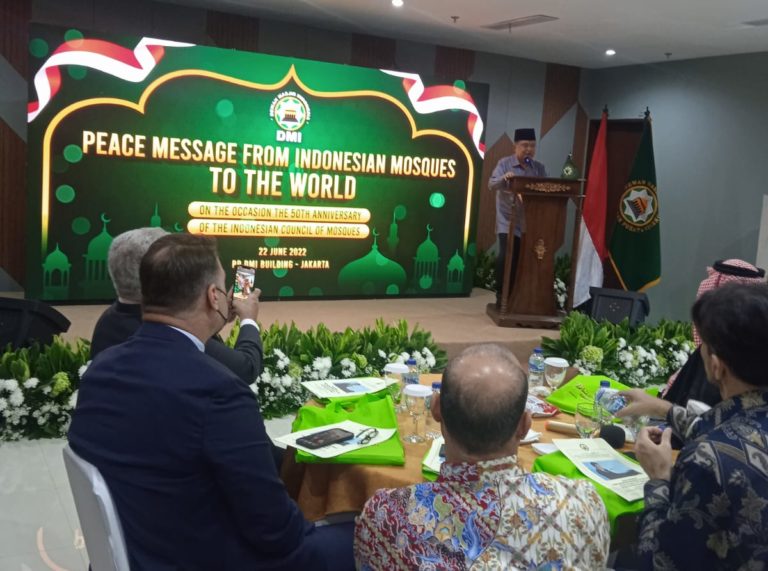


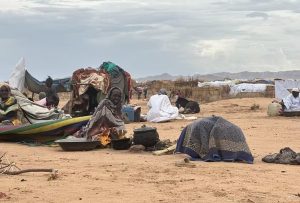
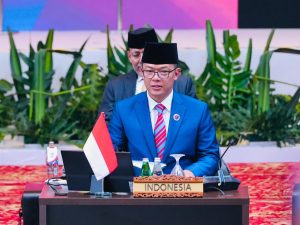



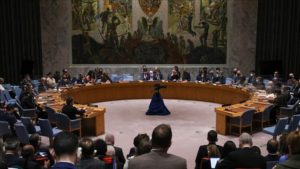
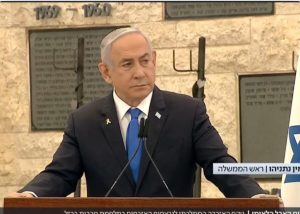
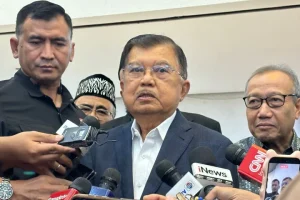
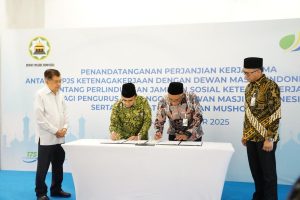
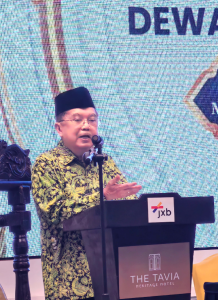
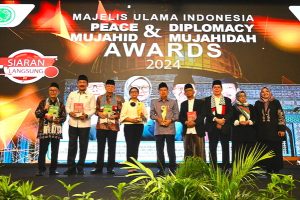
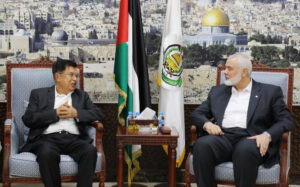












 Mina Indonesia
Mina Indonesia Mina Arabic
Mina Arabic